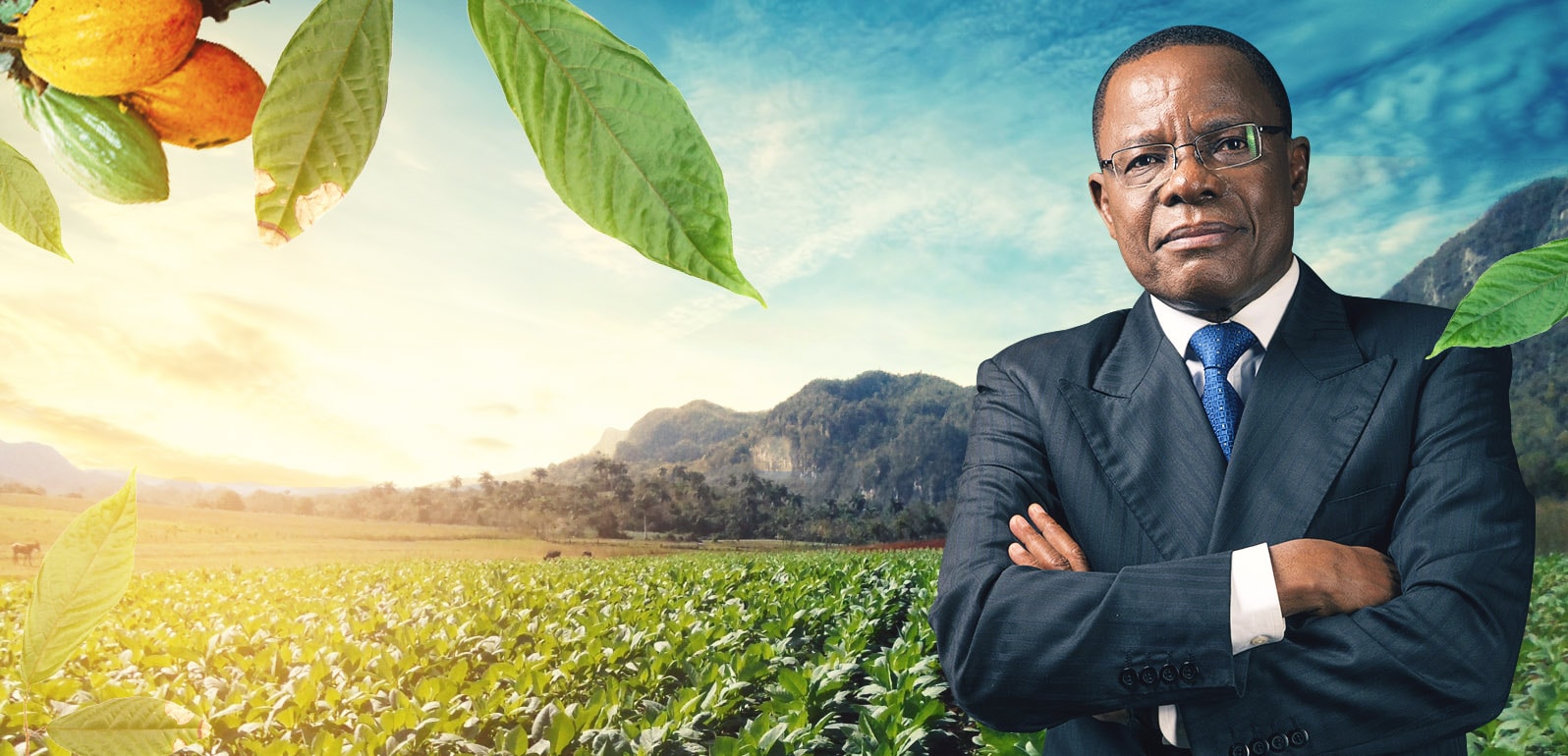Strategic and totally controlled industrial sectors
The backbone of the domestic industry, battered by a quarter of a century of internal stammering, resulting from a
flagrant lack of industrial policy, a disastrous infrastructural environment and a non-incentive tax policy, and on the
other hand, weaned out of foreign direct investment, is being disintegrated. We propose to reverse the trend by making a choice and a policy of strategic sectors according to the strengths of Cameroon both in terms of natural resources, human resources, as well as available or future markets and ambitions of the country.
In a globalised world, the industrial sector policy is necessary because of the need for consistency between production structures and the imperative of competitive positioning in the global market. It requires identification of objectives and programming of results.
It is generally observed that no country can produce everything and be competitive in all sectors. Any efficient
industrial policy must be based on the need to satisfy domestic demand for manufactured goods as well as to
develop exports. In this vein,
we will develop or support the following sectors:
- agro-industry;
- extractive industries (iron, bauxite, cobalt/nickel, diamond, gold) with a policy of first or second local processing (foundries, steel mills, etc.) of part of the exploited resources;
- wood industries;
- hydrocarbons and petrochemicals;
- mechanical, electrical and electronic industries;
- pharmaceutical industries;
- chemical industries;
- building materials industries;
- biotechnology;
- information and communication technologies (ICT);
- crafts and tourism
- financial industry.
Requirements for the redeployment of our strategic sectors
Our industrial policy will be supported by:
- a redesign of the education system to upgrade technical training;
- abundant energy at a reasonable cost, if not cheaper;
- strengthening of economic infrastructures and means of communication (transport, energy, broadband internet, etc.);
- tax regulations and a tax rate for the most suitable companies;
- the ruthless fight against corruption and the improvement of the business environment and competitiveness in general.
We will work with the experts in each sector to identify all the segments that need to be mastered to have a complete value chain from production to commercialisation.
Lifting barriers that plague the growth and competitiveness of the Cameroonian industry
Concretely:
- We will pursue a policy that broadens the internal market by reducing the cost of manufactured goods and
encouraging local consumption; - We will increase the available capital by encouraging domestic savings;
- We will ensure an equitable distribution of industries on the national territory in order to unclog the main cities
(Douala, Yaoundé, Garoua) where most of the current industrial fabric is concentrated; - We will accelerate administrative procedures and lead a ruthless struggle against corruptive practices that
discourage the creation and installation of industrial units; - We will promote the development of local processing in extractive industries in order to achieve capital gains instead of only exporting our raw materials and precious stones. In this respect, we will pursue an incentive policy for the
2nd and 3rd transformation of raw materials, especially wood; - We will enforce a price policy that removes distortions between local and exported products (whose prices are
often subsidised by their home countries). - Our industrial policy will be supported by:
- a redesign of the education system to upgrade technical training;
- abundant energy at a reasonable cost, if not cheaper;
- strengthening of economic infrastructures and means of communication (transport, energy, broadband internet, etc.);
- tax regulations and a tax rate for the most suitable companies;
- the ruthless fight against corruption and the improvement of the business environment and competitiveness in general.






